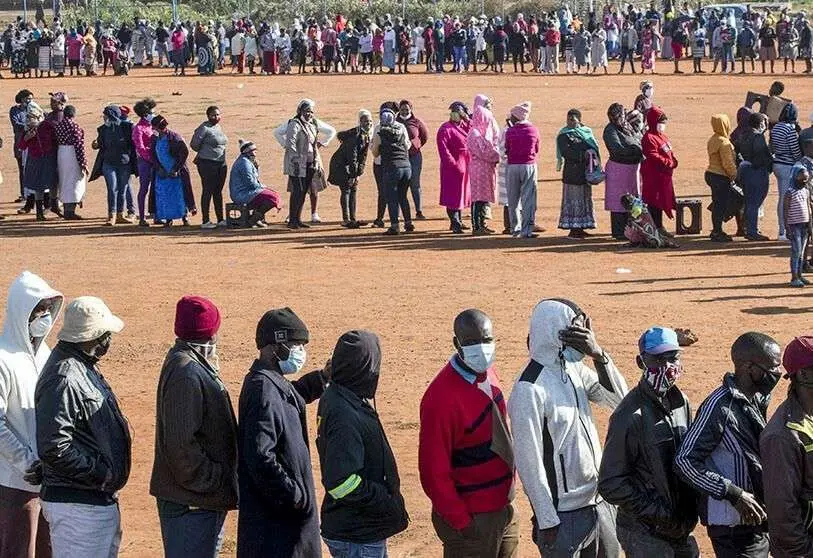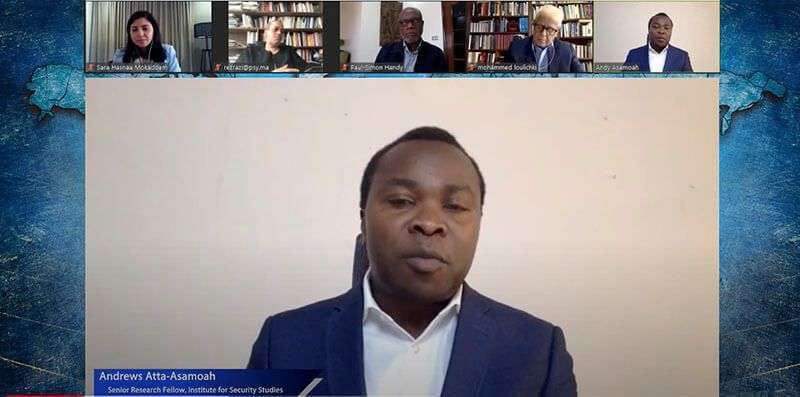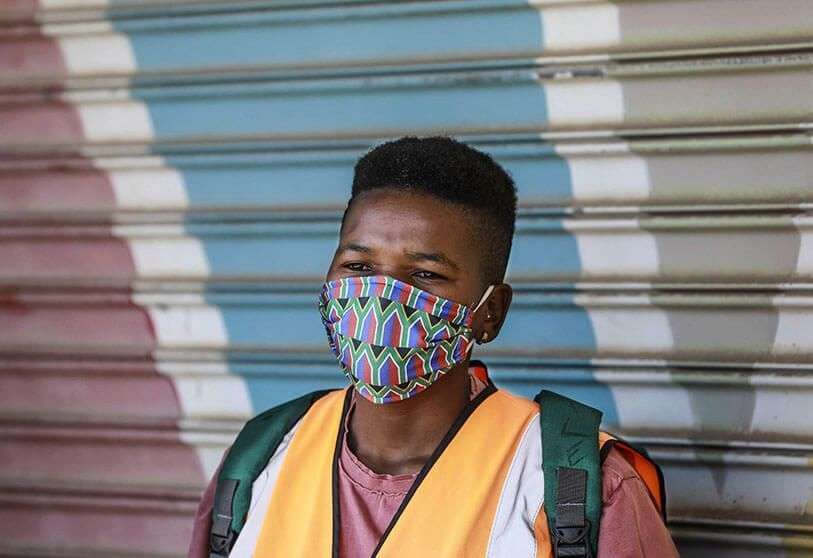África ante el coronavirus: una respuesta rápida y un fuerte golpe al comercio

The coronavirus pandemic did not take Africa by surprise. In contrast to what happened in Europe, both African governments and the Center for Disease Control (CDC) were on alert and took the threat posed by the virus very seriously. "The CDC organized the first meetings to plan a joint strategy against the pandemic in mid-February," said Andrew Atta-Asamoah, political scientist and researcher at the Institute for Security Studies, during a webinar organized by the Moroccan think tank Policy Center for the New South.
The CDC has been one of the main protagonists of the pandemic in Africa. It has provided up-to-date data at all times and has helped countries coordinate health policies to tackle the COVID-19 pandemic, Atta-Asamoah explained. One of the countries that has taken the most restrictive measures to deal with the pandemic has been Morocco. As Europe began to confine itself in the second half of March, the North African country decided to close all its connections from abroad, even banning its nationals from entering the territory to cut off imported contagion.

The West African regional organization (ECOWAS) did not minimize the effects that the pandemic could have. In mid-February, health ministers met to tackle the coronavirus, when no cases had yet been reported. "Many lessons have been learned from the Ebola crisis in dealing with this new pandemic. Action was taken at the regional level and also at the national level before the cases skyrocketed, in contrast to Europe," illustrated Paul-Simon Handy, advisor to the Institute for Security Studies in Dakar (Senegal) and Addis Ababa (Ethiopia).
This researcher has explained that each West African country has experienced confinement differently. In Senegal, strict measures have been imposed which have been peacefully respected by the population. In Mali, however, they have not been respected and the government has relaxed the rules. "They also have to deal with terrorism," he said. Cameroon has managed to handle the situation better than its neighbour.
Despite this rapid reaction to the virus, Handy explained that the countries don't have the capacity to do mass testing among the population, which is essential to identify and isolate those who are asymptomatic. "I think Morocco is in a position to give lessons in the management of the pandemic. All connections with the outside world were cut off very quickly and shops and schools were closed. The use of the mask was made compulsory almost a month earlier than in Tunisia or Algeria," stressed El Mostafa Rezrazi, senior researcher at the Policy Center for the New South. This specialist has stressed his concern about the situation in Libya, which is immersed in a civil conflict, and has pointed out the difficulty of quantifying the extent of the contagion in the country due to the lack of transparency of the data.

One of the major concerns for Africa is the existence of ongoing armed conflicts. The spread of the coronavirus across the continent is a new threat to peace and security. "We all feel vulnerable now. Both society and politicians are afraid of the health crisis," explained Mohammed Loulichki, a Moroccan diplomat who was president of the UN National Security Council in 2012.
Loulichki pointed out that Africa still has major problems with terrorism and that criminal activities are not stopping, despite the pandemic. "Even if the economy is closed, the security problems don't go away. We cannot neglect that. Mali is one of the countries most affected by this scourge," he said. Another major challenge that all countries will have to address is the economic crisis that the pandemic will leave behind: "The fall in income is going to be very important. Many families are now unable to go out to work and food is being distributed to alleviate the situation," said Rezrari.









